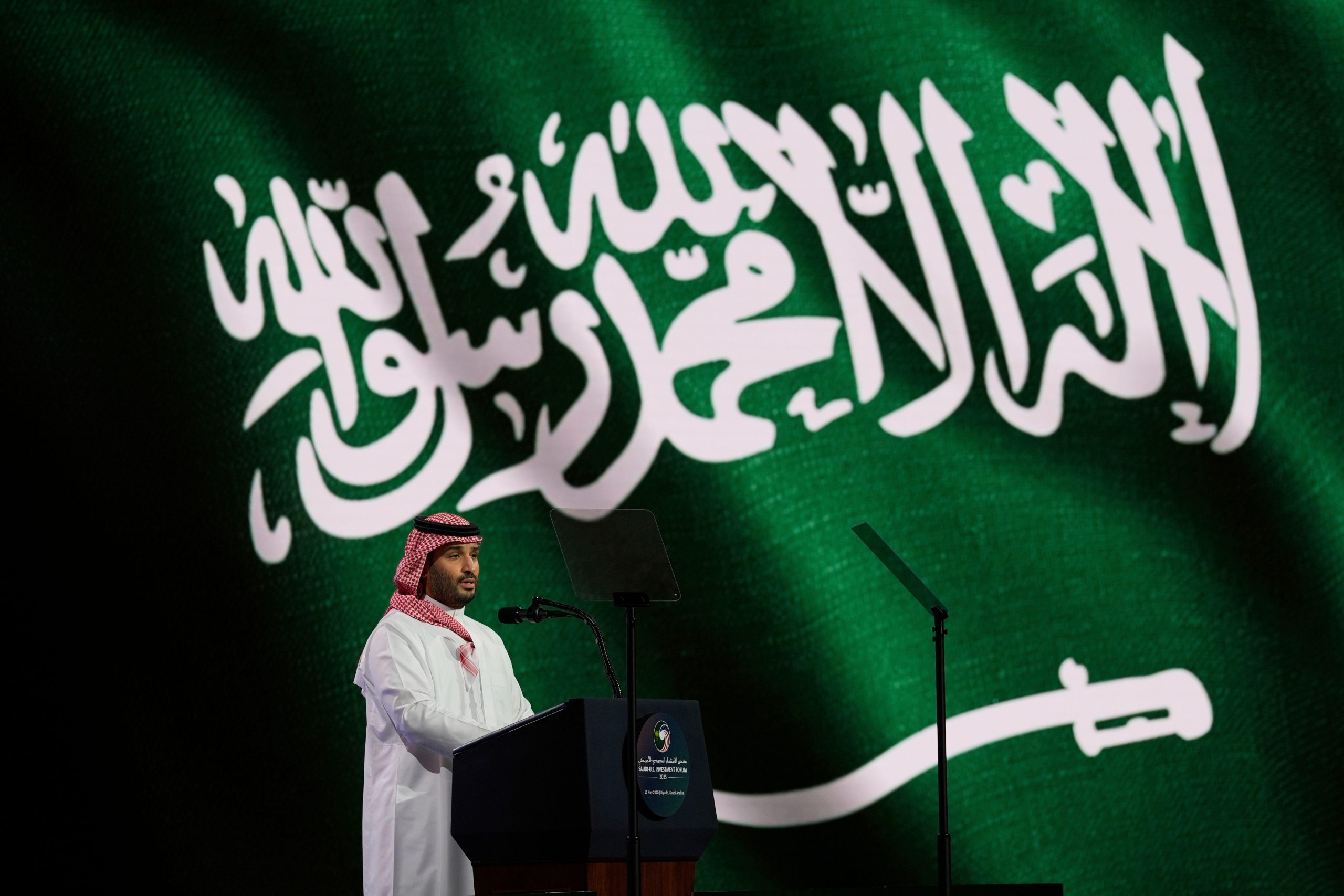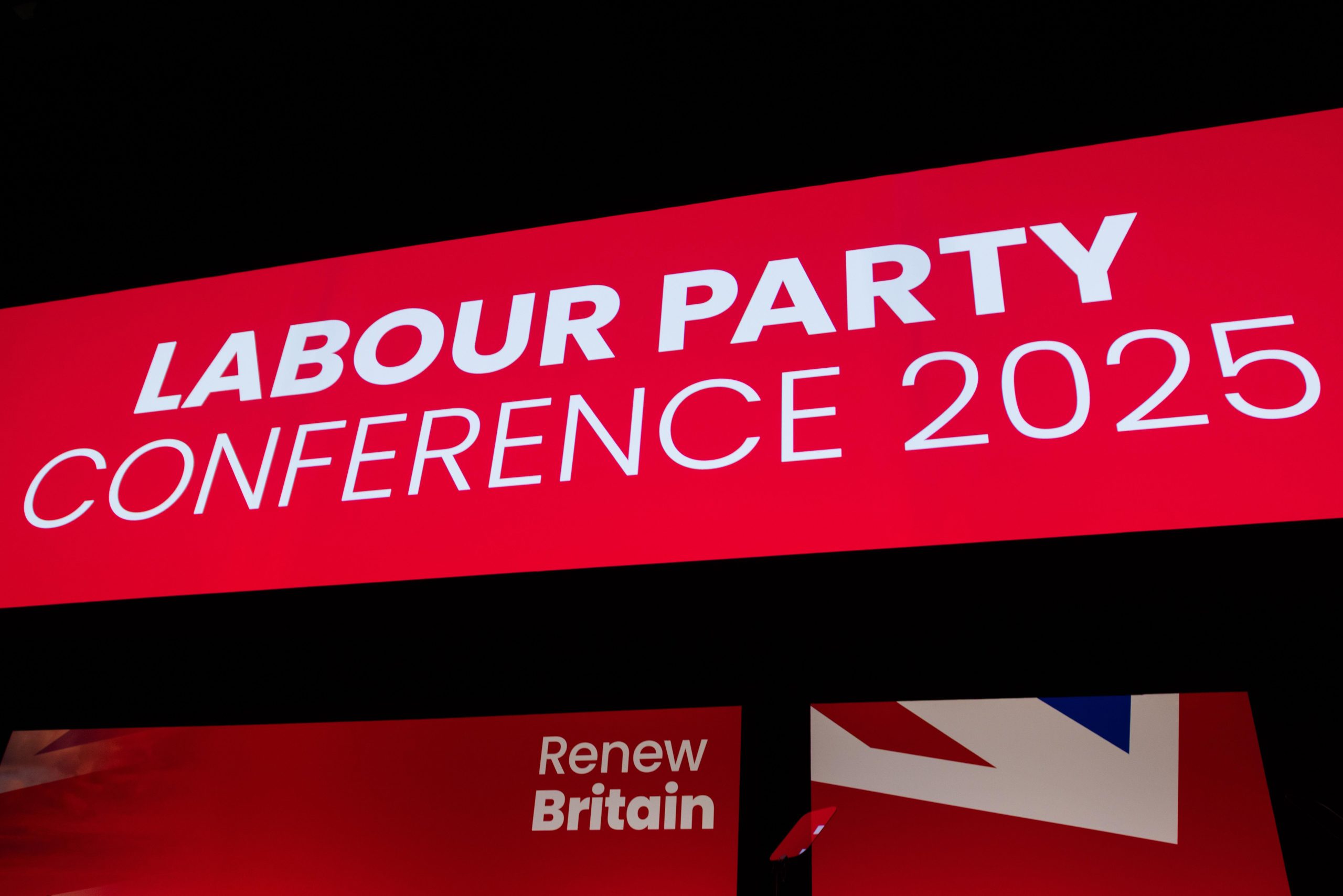[vc_row][vc_column][vc_single_image image=”111830″ img_size=”full” add_caption=”yes”][vc_column_text]“When I talk about what’s happening in Saudi Arabia, I liken it to a really abusive relationship. First they [the state] gaslight you, they try to convince you that you’re not being abused, that this actually is for your own protection, for your best interests. Then when that doesn’t work out, then they beat you up and… when you escape from them they hunt you down and kill you,” said Safa Al Ahmad, award-winning Saudi Arabian journalist, at the launch of the winter 2019 issue of Index on Censorship magazine.
The issue is on the techniques that macho leaders around the world are using to stifle dissent, democracy and discussion, and how people are fighting back. From Brazilian President Jair Bolsonaro ranting against and disparaging media to Hungary’s Prime Minister Viktor Orbán using a rhetoric of family values to deny the LGBT community and others the same rights as “traditional” nuclear families, the magazine takes a global view.
Al Ahmad was joined for a panel discussion, held at Google HQ in London, with bestselling Chinese novelist Xiaolu Guo, Hungarian activist Dóra Papp and satirist and author Rob Sears. The panel was chaired by Rachael Jolley, editor-in-chief of Index on Censorship magazine.
Each panellist was invited to discuss a world leader. Al Ahmad opened with her striking analogy of abusive relationships to discuss Crown Prince of Saudi Arabia Mohammed bin Salman. She highlighted that her analogy was not an exaggeration, citing women’s rights campaigners who have ended up dead or in prison. “I think the feminist movement in Saudi must have been the most frightening for the state,” she said, explaining the lengths the state has gone to in order to silence women.
Al Ahmad also remarked on the absolutist relationship the Saudi state has with the media: “We [Saudi Arabia] have inventing the rulebook on shutting down dissent of any sort, so the state owns all the media. There is no independent media whatsoever to shut buyout – they already own it.”
Papp observed that Orbán has not locked up or killed dissenters “yet”, but that he is at the stage of attempting to create a sense of discord amongst Hungarians, thereby preventing unified protest. She said: “What this kind of leadership from Orbán is really pro in is… making the nation believe that they have to stay divided in order to protect their own identities and their own values.”
Family values is part of the rhetoric of Orbán’s government, which “concludes in a list of disadvantages for LGBT groups, for single mothers, for anyone who is thinking outside the box”. Papp, a successful campaigner, said that we need to be really cautious and not let this narrative divide people.
Guo, discussing China’s president Xi Jinping, spoke about the importance of a dominating personality in a “strongman” leader in order to control the narrative of a country. She said of Xi: “He has an extremely tough way of dealing with internal turmoil but also a very interesting and mysterious way of dealing with international conflict.” She also commented that tension between Xi and US President Donald Trump seems to be bringing about a cold war that “we thought had disappeared 20 years ago”.
A discussion about macho men would not be complete without a dissection of the presidency of Trump, which Sears did by observing how Trump stifles free expression, not by killing journalists, but by setting the media agenda. Sears highlighted two of Trump’s oratory traits: “One is that he is basically impossible to ignore and the other is that he is basically impossible to engage with.”
He explains that Trump’s repeated use of outrageous, implausible (think “build the wall” and “lock her up”) but clear images forces the media to report on them. He said: “You [journalists] can’t help but respond to them and make them the focus of attention, meaning that it’s tricky for other topics to make it into the highest levels of conversation.”
“I’m sure every politician finds the right language for that purpose. UK Prime Minister Boris Johnson cleary does and some of the other leaders we’ve talked about do as well… I don’t know if they are deliberate methods… but I do think that it’s been extremely effective against a decent, fruitful public debate in the states and worldwide.”
Click here to read more about the current magazine
Listen to Rachael Jolley and deputy editor of the magazine, Jemimah Steinfeld, discuss the current issue on Resonance radio here [/vc_column_text][/vc_column][/vc_row][vc_row][vc_column][/vc_column][/vc_row]





